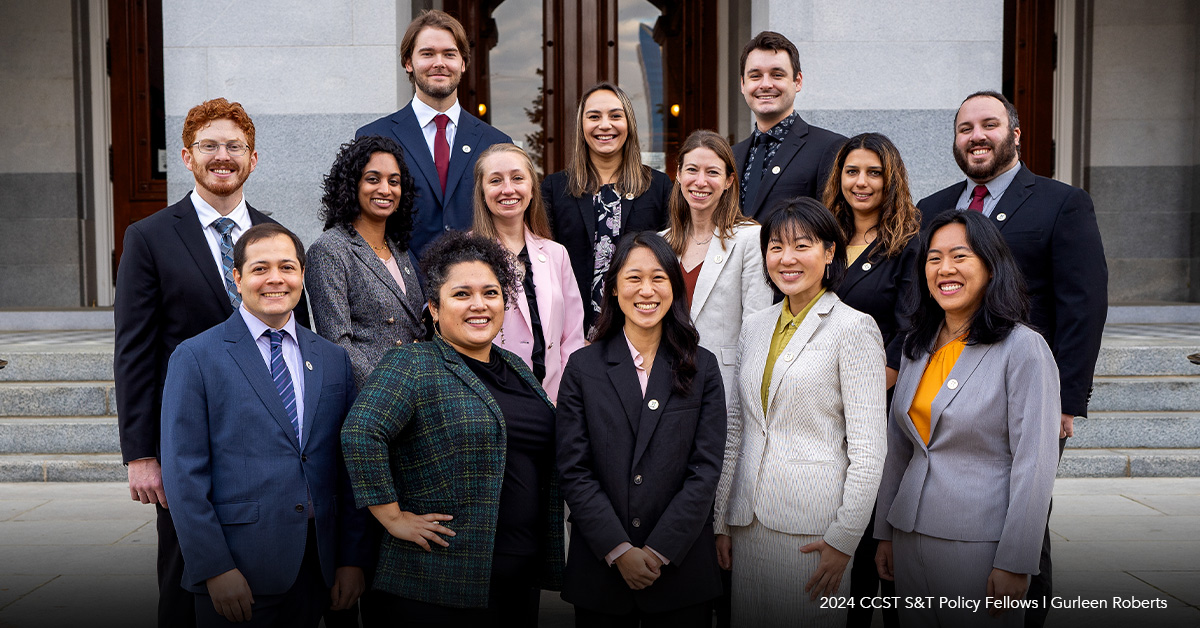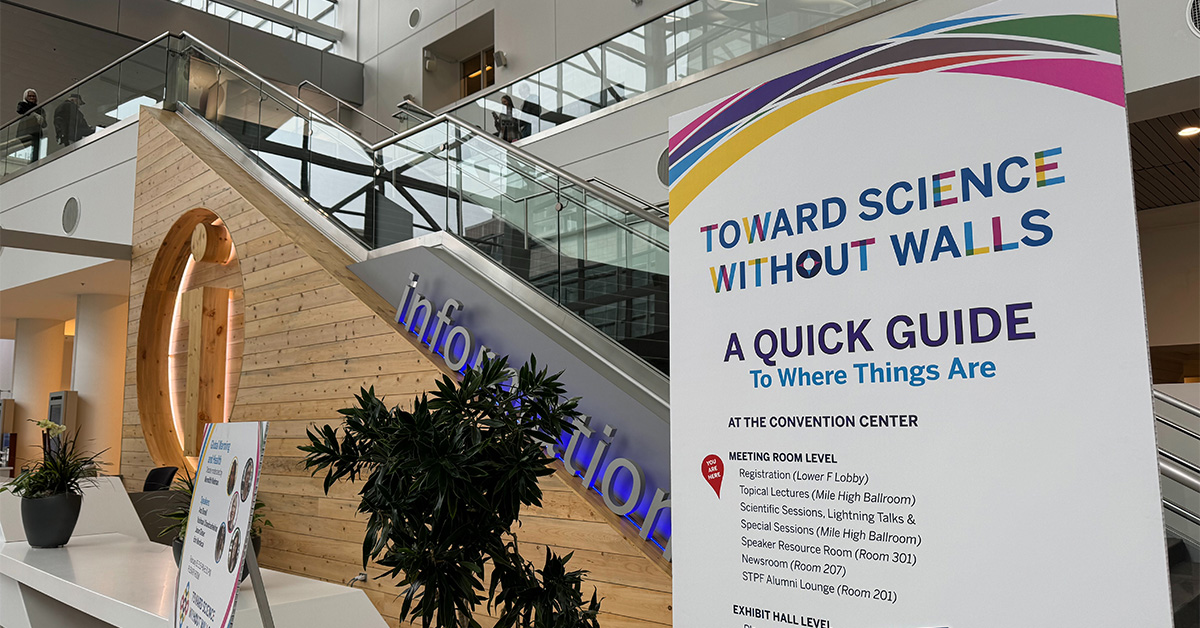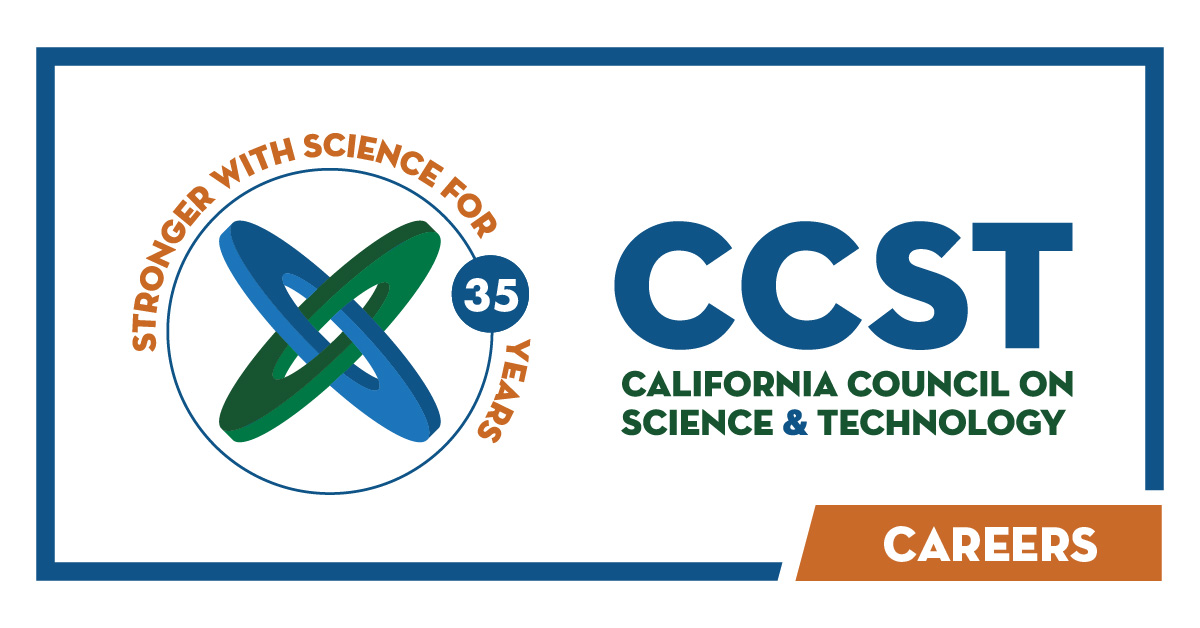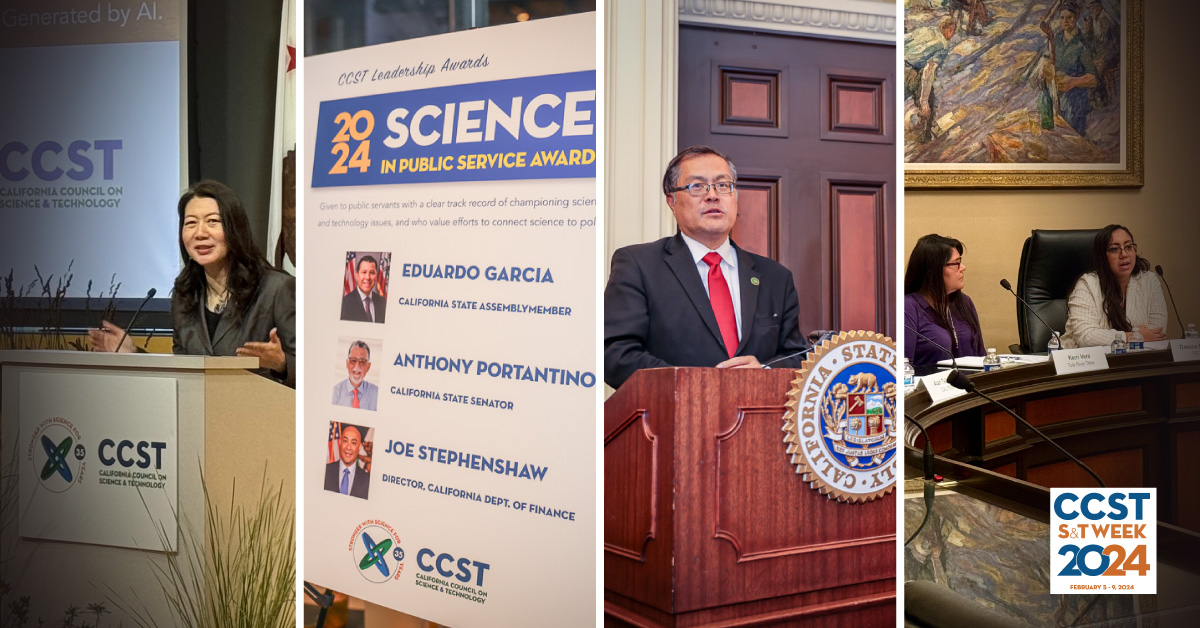Berkeley Lab’s Cyclotron Road Program Gives an Entrepreneurial Boost to Innovation
June 6, 2016 | CCST Newsroom, Federal Research in California, Press Releases | Contact: M. Daniel Decillis

Lawrence Berkeley National Laboratory’s (Berkeley Lab) Cyclotron Road program launched just two years ago with a mission: to help move cutting-edge technologies from the lab to market. Now the program has selected its second cohort of innovators, while the first cohort has begun receiving national acclaim.
“Our mission is to identify the best and brightest energy technology innovators and provide them with the resources needed to commercialize their technology,” said Cyclotron Road Chief Technologist Dane Boysen at the May 26 CCST Council Meeting. “We focus on the innovator, not the innovation.”
Lawrence Berkeley National Laboratory is one of CCST’s many Federal Laboratory Affiliates, providing and sharing technical expertise and resource support with CCST. Federal laboratories in California were a focus of the May 26 CCST Council Meeting.
Cyclotron Road embeds selected researchers at Berkeley Lab for up to two years in a mentored technology entrepreneurship program. During this time, the program guides its cohort members as they work to achieve focused technology development objectives in a discrete period of time to facilitate the transition from lab to market.
“At Berkeley Lab, these researchers have access to resources they couldn’t access anywhere else, including our personnel,” said Cyclotron Road co-founder Sebastien Lounis. “We believe that tech transfer works best when people are committed to going through the process as part of a team.”
Cyclotron Road researchers are provided with a salary and seed funding for up to two years, provided by the Office of Energy Efficiency and Renewable Energy (EERE); dedicated lab and office space; and support obtaining additional project funds. They also get world-class R&D support from the Berkeley Lab, a federal funded laboratory with an $820 million annual budget.
Projects in the first cohort included a method of electrochemically recycling carbon dioxide into chemicals and fuels, a bio-based production of high-performance polymers, a patterning platform for multifunctional materials, a way of using metal-organic frameworks to radically reduce the cost and emissions impact of chemical separations, and a system for converting ocean waves into electricity and fresh water.
After an initial year of funding from EERE, the first cohort of innovators made significant technical progress, attracting nearly $5 million in follow-on funding through competitive grants and private investments; two projects in the program have already having been awarded funding for their ideas by Energy Department’s Advanced Research Projects Agency-Energy (ARPA-E). The cohort also avoided millions more in R&D capital expenditures.
“It’s challenging for energy innovation technologies. Early-stage ideas rarely make it to market,” said Boysen. “We’re pursuing a vision of an alternative pathway for public-private partnerships, leveraging our existing research facilities and expertise in a way that constructively supports and nurtures innovators.”
Cyclotron Road recruits nationally, but both cohorts include numerous researchers from California institutions, including Stanford University, Caltech, University of California Los Angeles, and University of California Berkeley. Eventually, the goal is to replicate the Cyclotron Road model at other institutions nationwide, building a network of over 100 top-tier entrepreneurs at regional innovation hubs across a network of program sites ranging from Los Angeles to Boston.
“We’ve been incredibly impressed with the progress our first cohort has made,” said Cyclotron Road director Ilan Gur. “We look forward to working with the second cohort to drive their technologies forward.”
M. Daniel DeCillis, PhD is the Spotlight editor and a Senior Research Associate at the California Council on Science and Technology.
The California Council on Science and Technology (CCST) is a nonpartisan, not-for-profit organization established via the California State Assembly – making California’s policies stronger with science since 1988. CCST provides California’s Executive and Legislative Branches with independent scientific advice, convening a diverse network of expertise spanning California’s public and private universities, community colleges, and Federal research laboratories.
- University of California Berkeley
- University of California Los Angeles
- Stanford University
- Caltech
- Lawrence Berkeley National Laboratory
Follow CCST on Facebook, on Twitter, and on LinkedIn.
CCST Sustaining Institutions and Affiliates Featured: University of California Berkeley; University of California Los Angeles; Stanford University; Caltech; Lawrence Berkeley National Laboratory.






